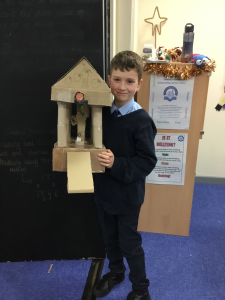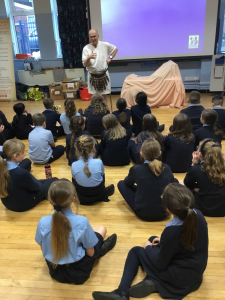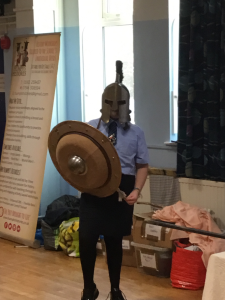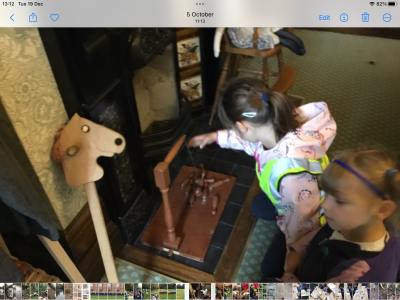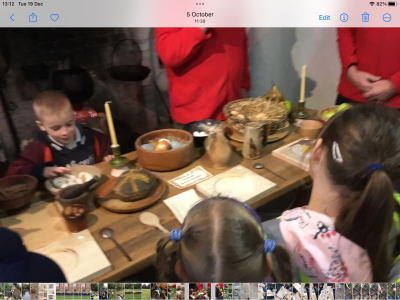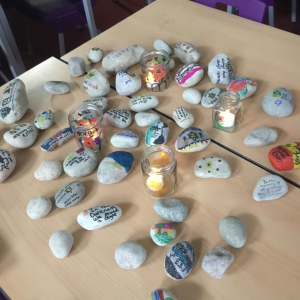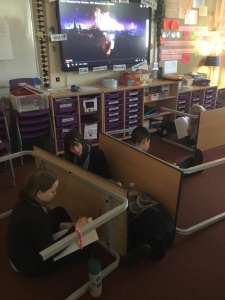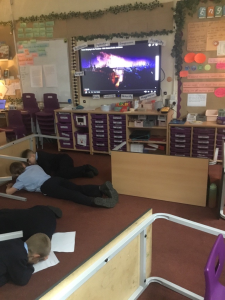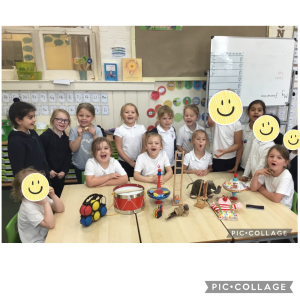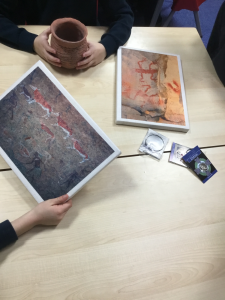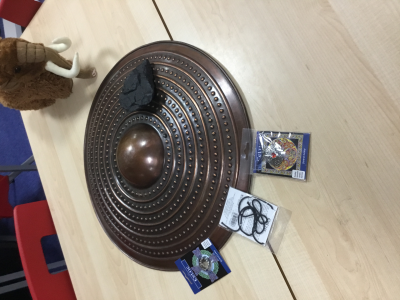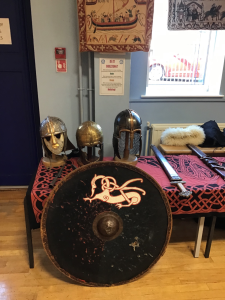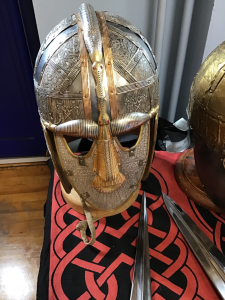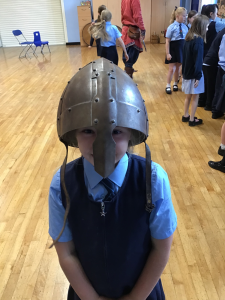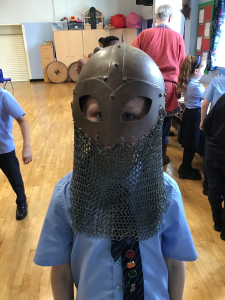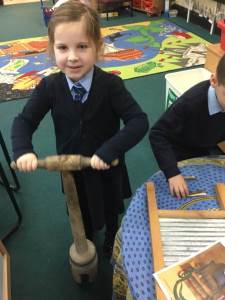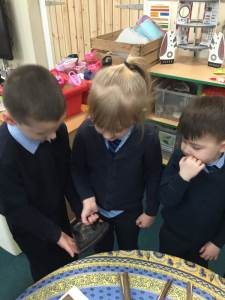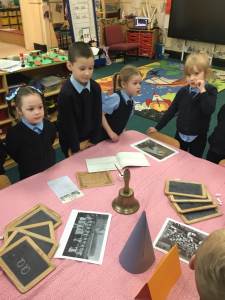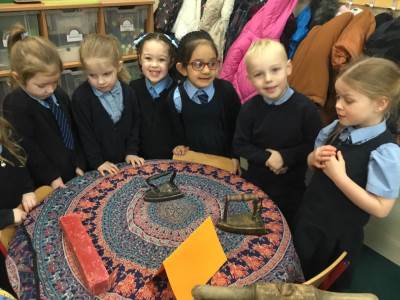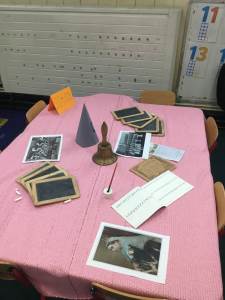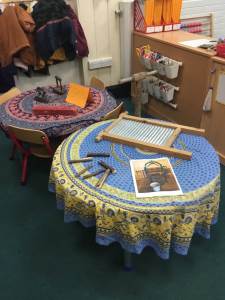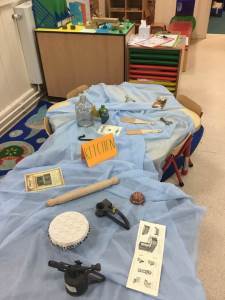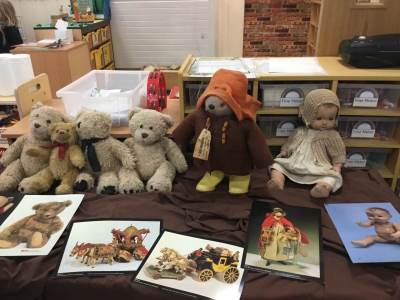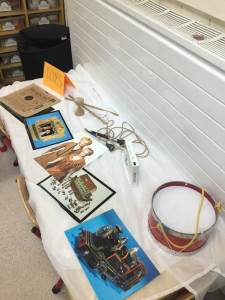History
Curriculum Subject Lead - Mrs N Pickford
At Mount Pleasant Primary School we aim to deliver a high quality, inclusive history curriculum which inspires children and ignites a curiosity of exploring the past. Our intent is that children will have a secure and wide knowledge of the history immediately around them in the local area and learn how that fits into the history of Great Britain and then into the wider world. They will compare historical periods already taught, making links between current and previous learning, therefore developing their chronological knowledge and understanding. This will be done by investigating significant people, events and periods of history, developing skills as historians as they question and consider various sources of evidence to expand their perspective and judgement. We offer opportunities throughout the year for the curriculum to be enriched further through historical visits, visitors and events held in school, including a local study in which we celebrate the rich history of our immediate region. We want our children to gain a sense of their own identity whilst encouraging and founding a love of history.
National Curriculum
The national curriculum for history aims to ensure that all pupils:
- Know and understand the history of these islands as a coherent, chronological narrative, from the earliest times to the present day: how people’s lives have shaped this nation and how Britain has influenced and been influenced by the wider world
- Know and understand significant aspects of the history of the wider world: the nature of ancient civilisations; the expansion and dissolution of empires; characteristic features of past non-European societies; achievements and follies of mankind
- Gain and deploy a historically grounded understanding of abstract terms such as ‘empire’, ‘civilisation’, ‘parliament’ and ‘peasantry’
- Understand historical concepts such as continuity and change, cause and consequence, similarity, difference and significance, and use them to make connections, draw contrasts, analyse trends, frame historically-valid questions and create their own structured accounts, including written narratives and analyses
- Understand the methods of historical enquiry, including how evidence is used rigorously to make historical claims, and discern how and why contrasting arguments and interpretations of the past have been constructed
- Gain historical perspective by placing their growing knowledge into different contexts, understanding the connections between local, regional, national and international history; between cultural, economic, military, political, religious and social history; and between short- and long-term timescales.
Mount Pleasant History Curriculum
History at Mount Pleasant


